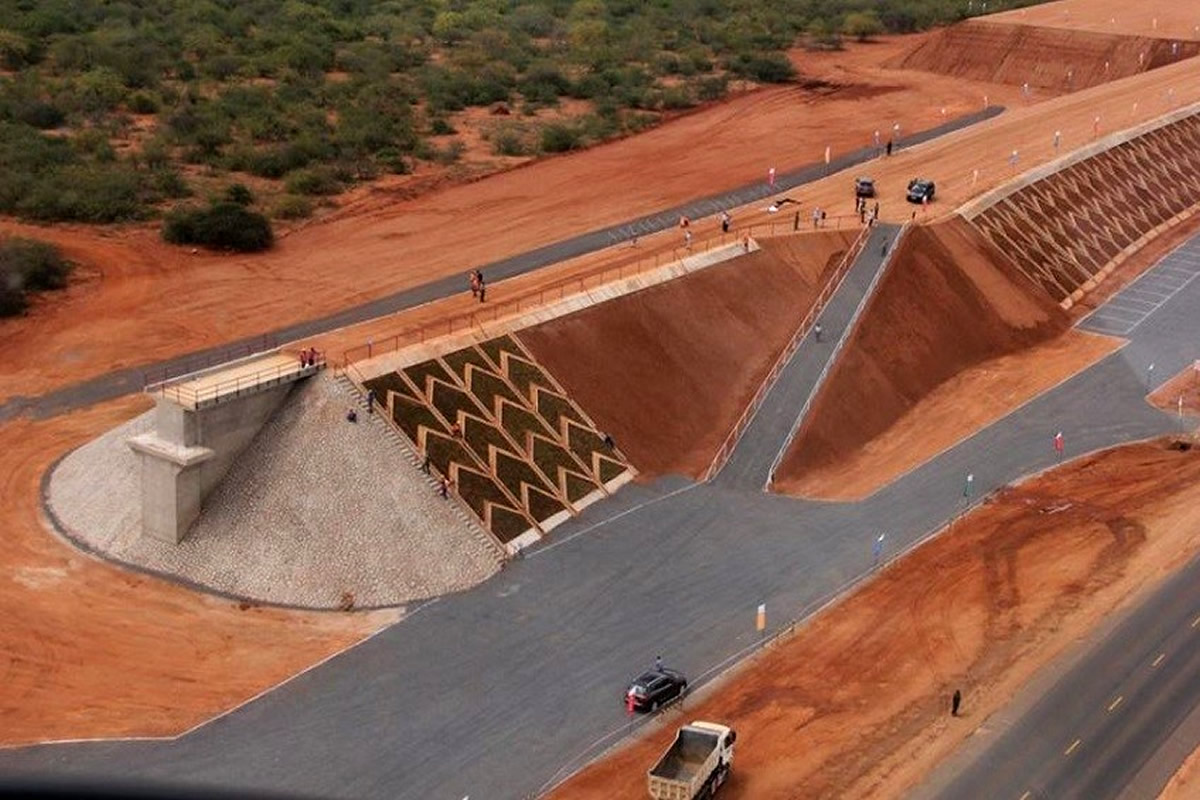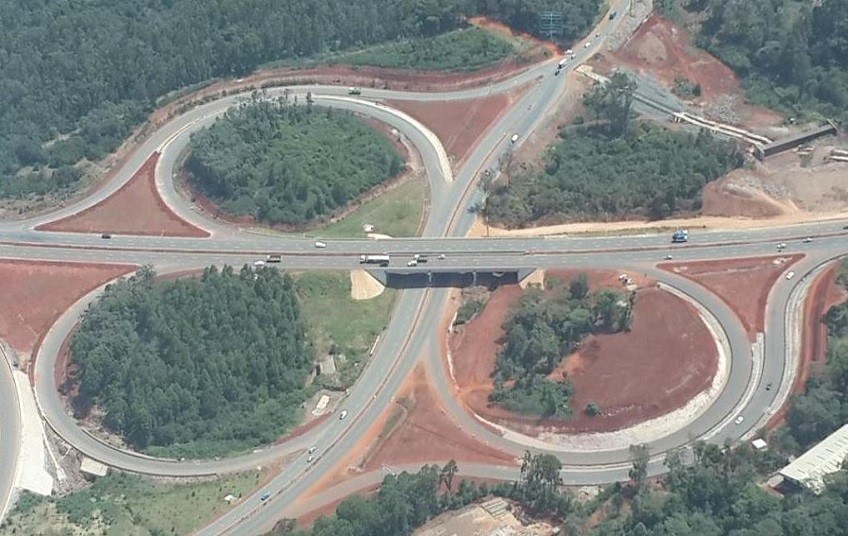Every five years, Kenya is subjected to an economic cycle that revolves around the before and aftermath of the general elections.
With the nominations still fresh in our minds and with just months to the August 2017 general elections, the country has been plunged deep into campaign mood and as history would have it, we are already experiencing a slowdown in economic growth.
The Standard Gauge Railway is one of the infrastructure projects that has raised eyebrows with regards to its economic viability.
Growth in the construction industry has slowed down due to delayed spending as investors and key businessmen postpone key decisions till a new government is in place.
Most investors are waiting to gauge what the future policy will be before launching big projects.
A report by the parliament’s budget office released on May 19th 2016 is quoted as saying “The election mood currently being experienced as the country is gearing itself for the 2017 elections have dampened the investment mood of the country as most investors are practicing the wait and see approach”.
Other economic factors such as inflation have a direct effect on the construction industry. Record election spending will boost economic activity around election time, driving the inflationary pressure on the upside.
As campaign money is released into the economy and the IEBC begins to spend the staggering 45billion shillings as quoted in their budget for the 2017 polls, we’ll have a alot of money in circulation.
Opportunistic spending such as these will fail to lift the economy and instead stoke the fires of inflation.
This in turn points to a rise in construction prices, with cost overruns becoming the norm and an increased likelihood of project abandonment as an extreme measure.
A section of newly completed Southern bypass along Mombasa Road, part of vision 2030 infrastructure project.
Experts say elections, especially in emerging markets such as Kenya, are high stake affairs dominated by a ‘winner takes all’ mentality.
The Ruling party from the electoral outcome in Kenya is bound to have a majority both in the Senate and the National Assembly hence its ability to push through bills in parliament, and muscle in the awarding of tenders.
The government invests in the construction industry by initiating infrastructure projects. According to political scientists, political parties are still owned by their financiers.
In an article by the Daily Nation, Prof Karuti Kanyiaga of the institute of Diplomacy at the University of Nairobi, is quoted as saying “The initial thinking was that political parties would evolve into institutionalized bodies, but they are still personal outfits run like private companies”.
It is no surprise hence, that some builders will divert funds to fund political campaigns with the hope of securing massive government tenders in the future once the party wins. The contract amounts awarded in such are normally higher than what would be considered the best price.
It becomes a never ending cycle of corruption with the common mwanachi bearing the brunt of this “tenderprenuer” culture.
The new guidelines to control polls financing for candidates and political parties by the IEBC is a welcome move to prevent money driven politics.
The Election Campaign Finance Act provides for the regulation, management, expenditure and accountability of campaign funds during election and referendum campaigns. As they say, the proof of the pudding is in the eating, and all eyes are on IEBC to see how this law will be operationalized and enforced.









